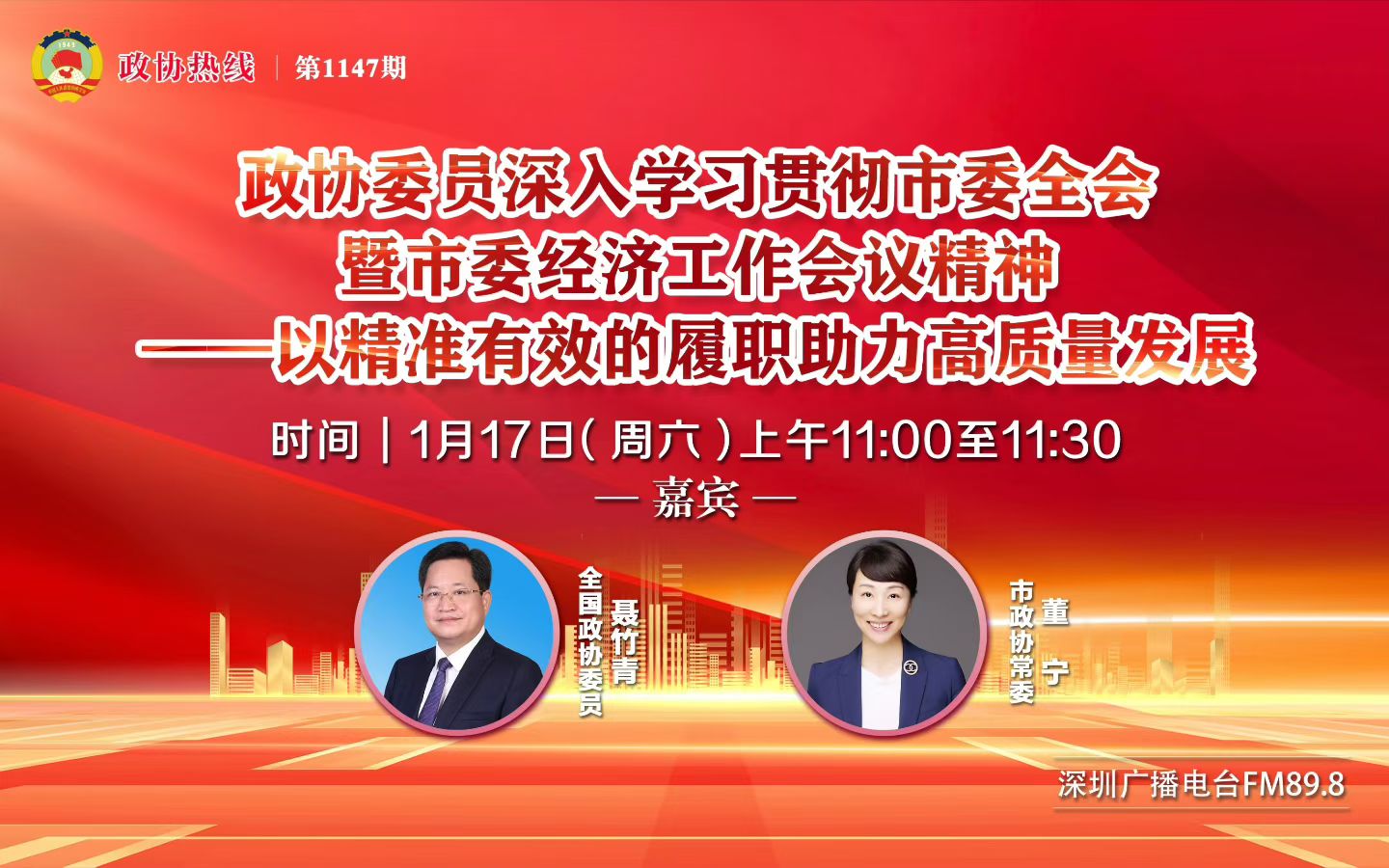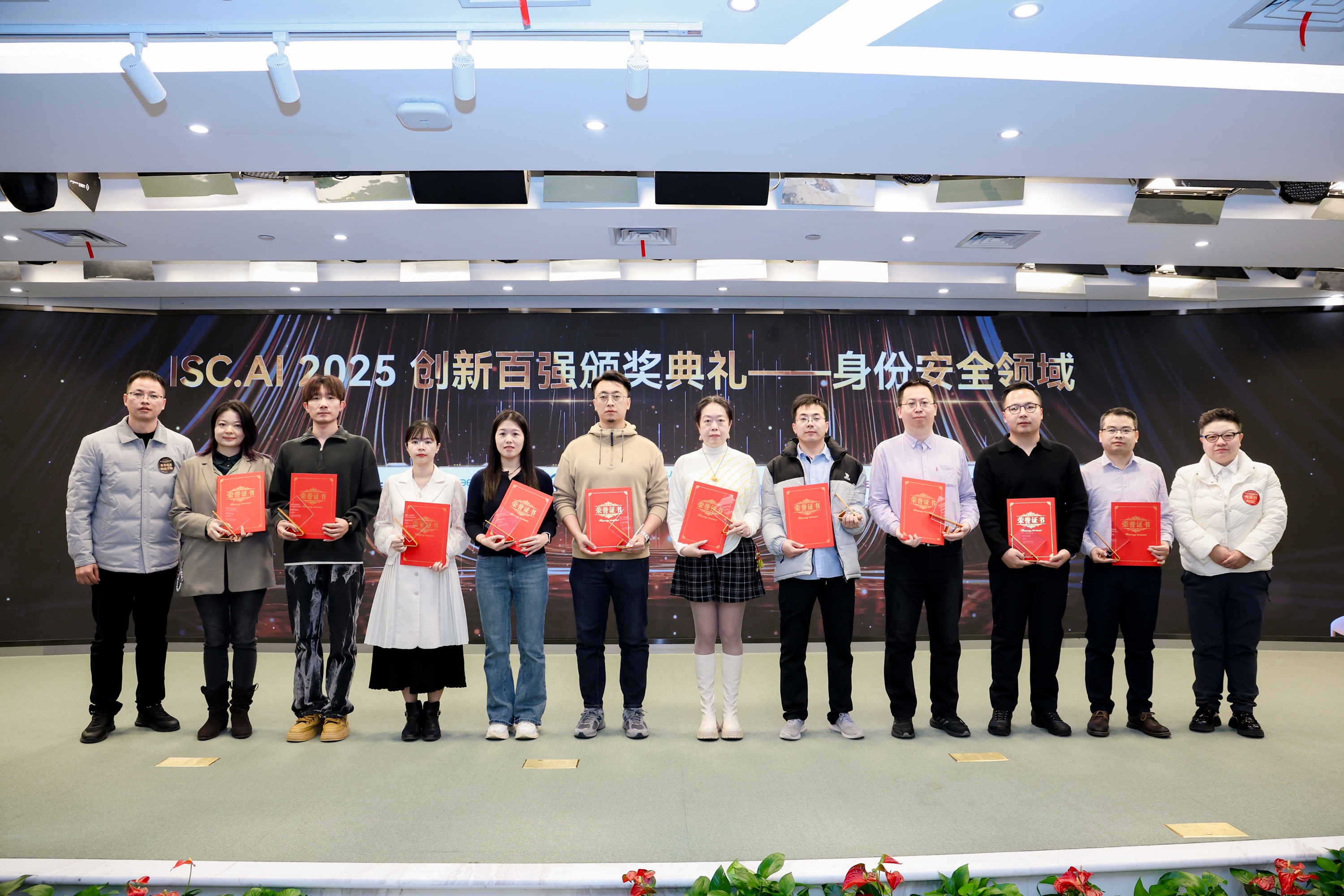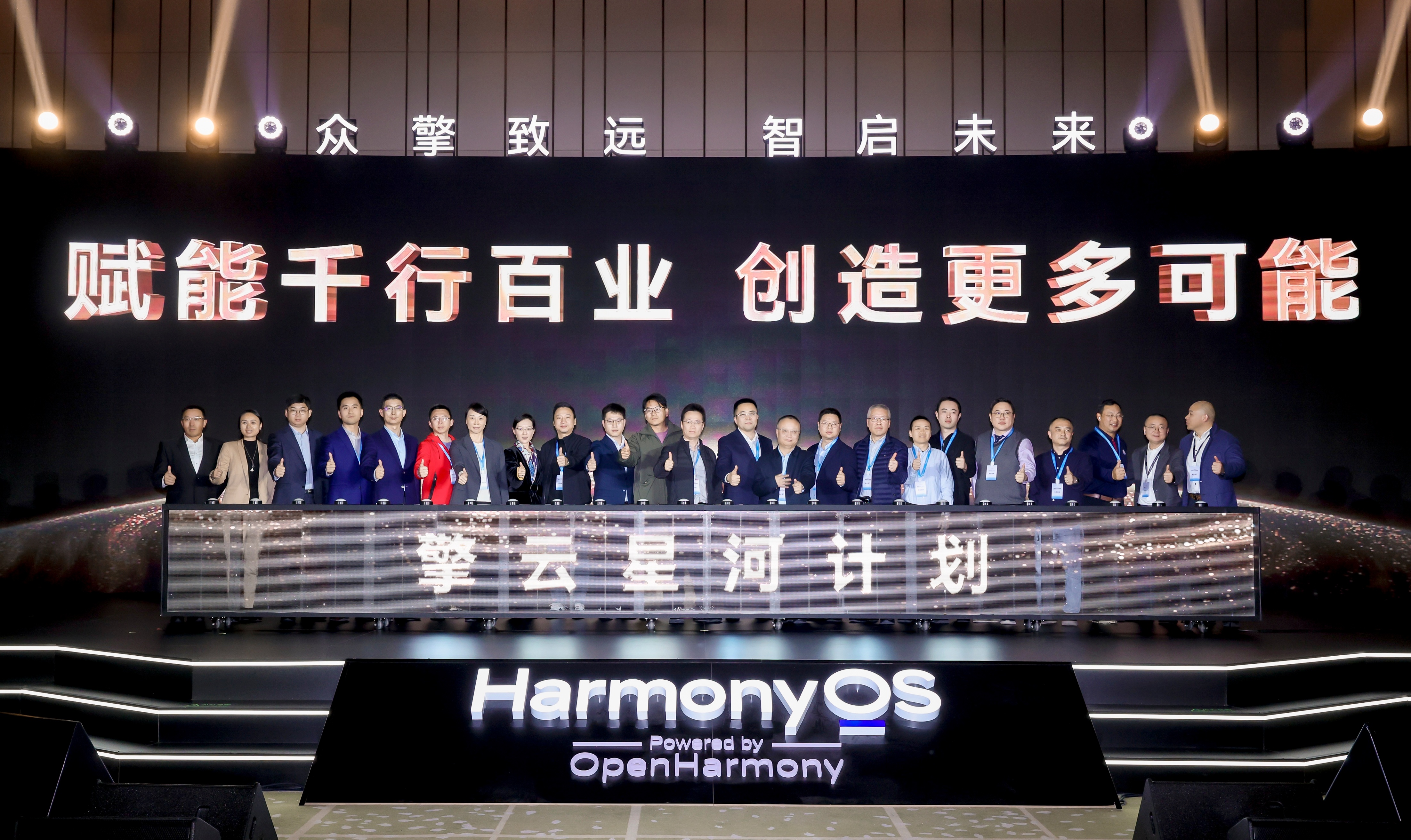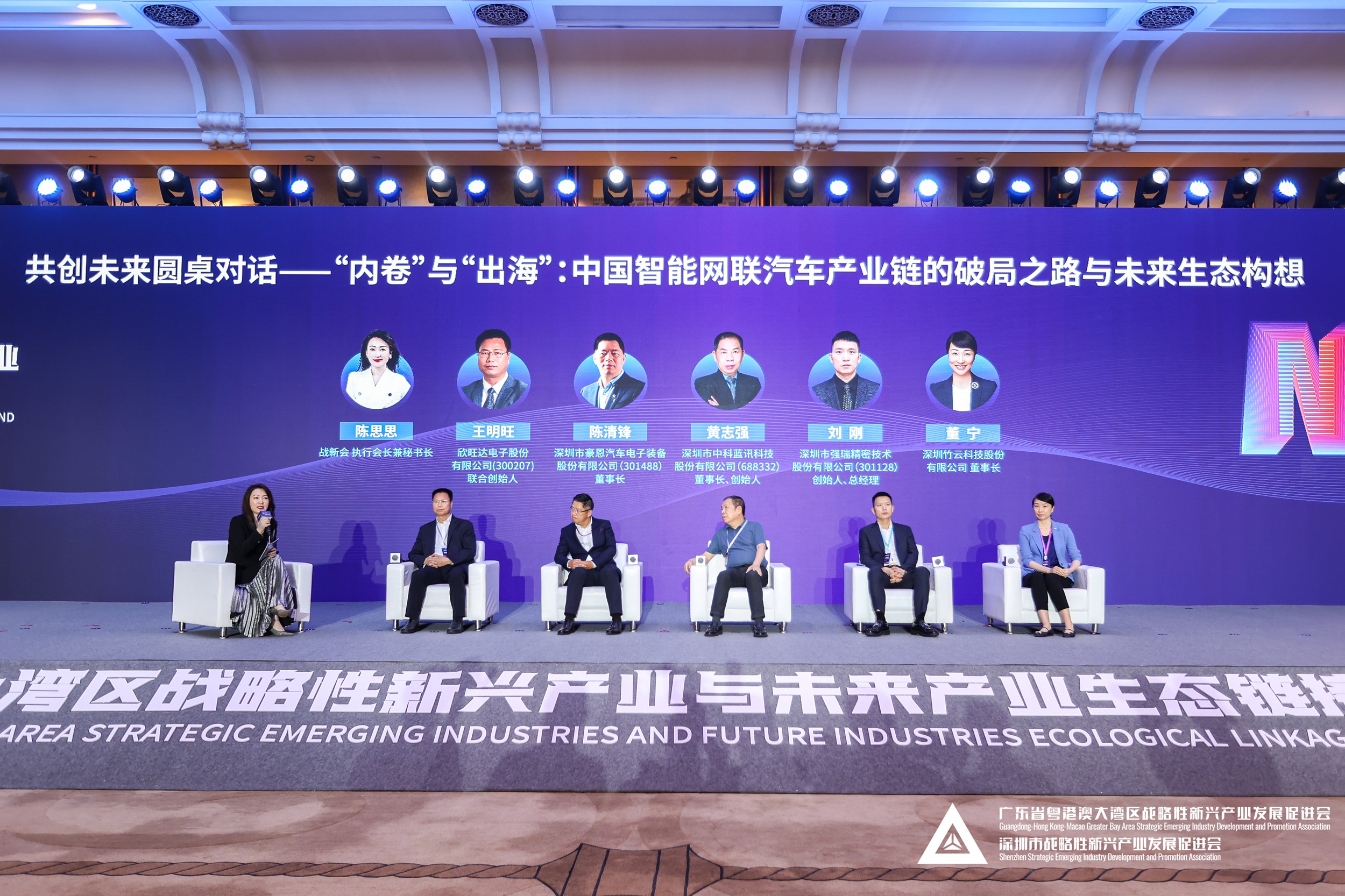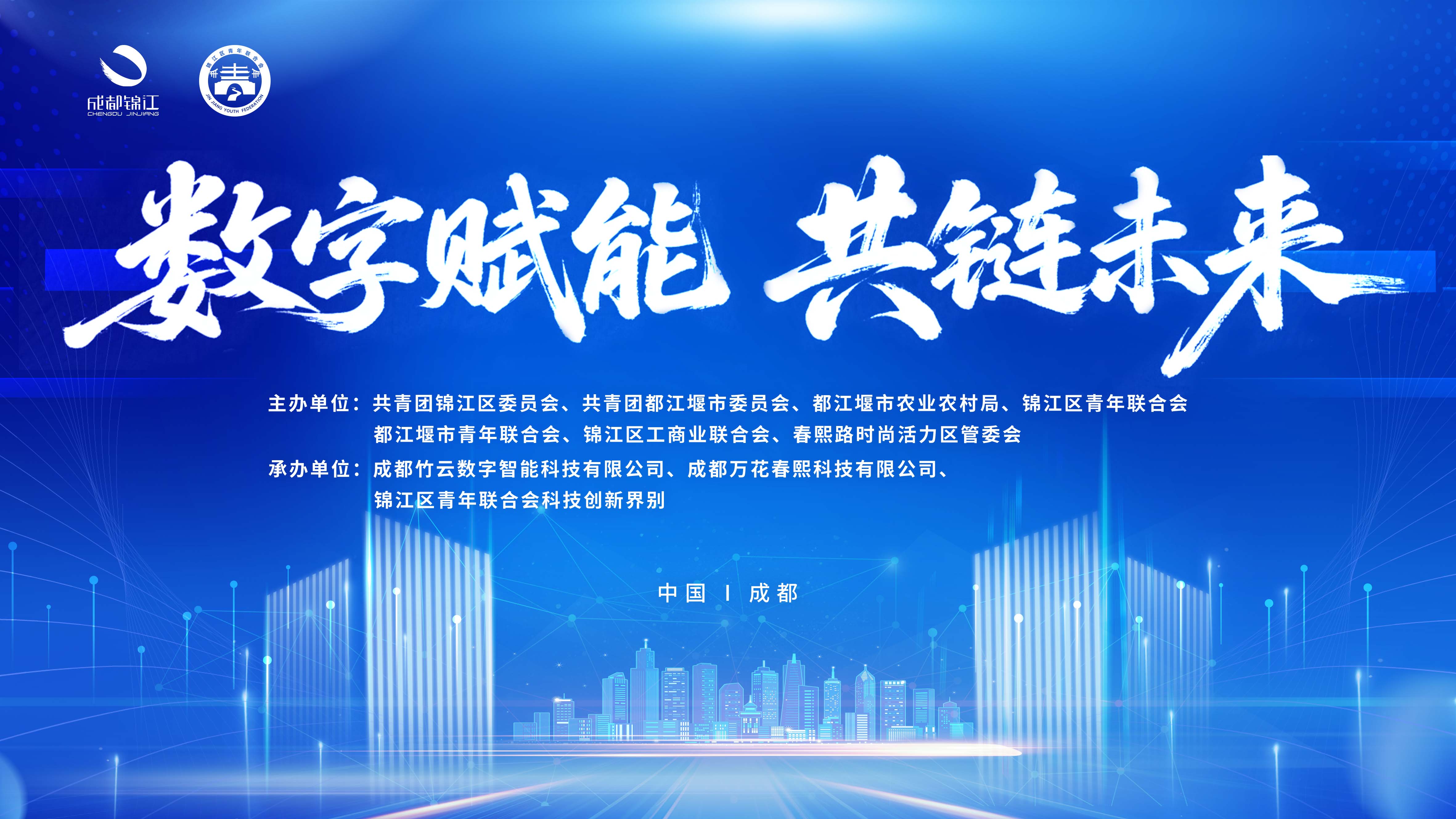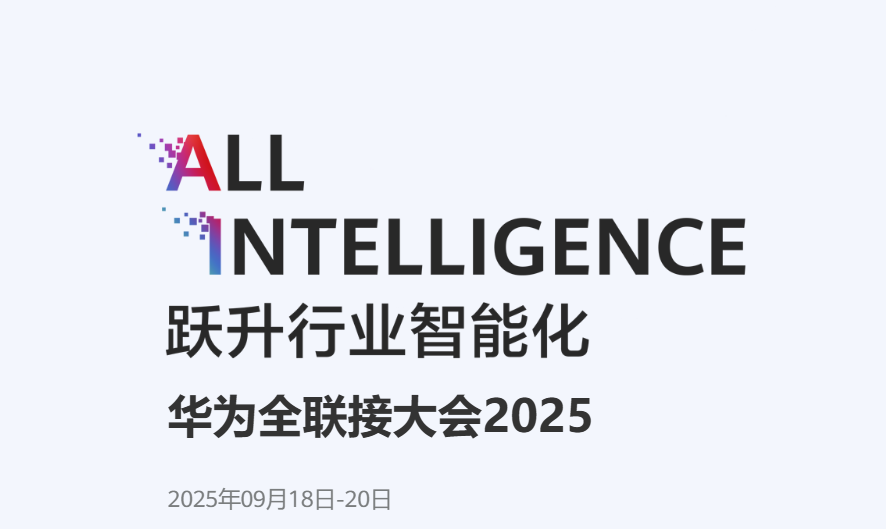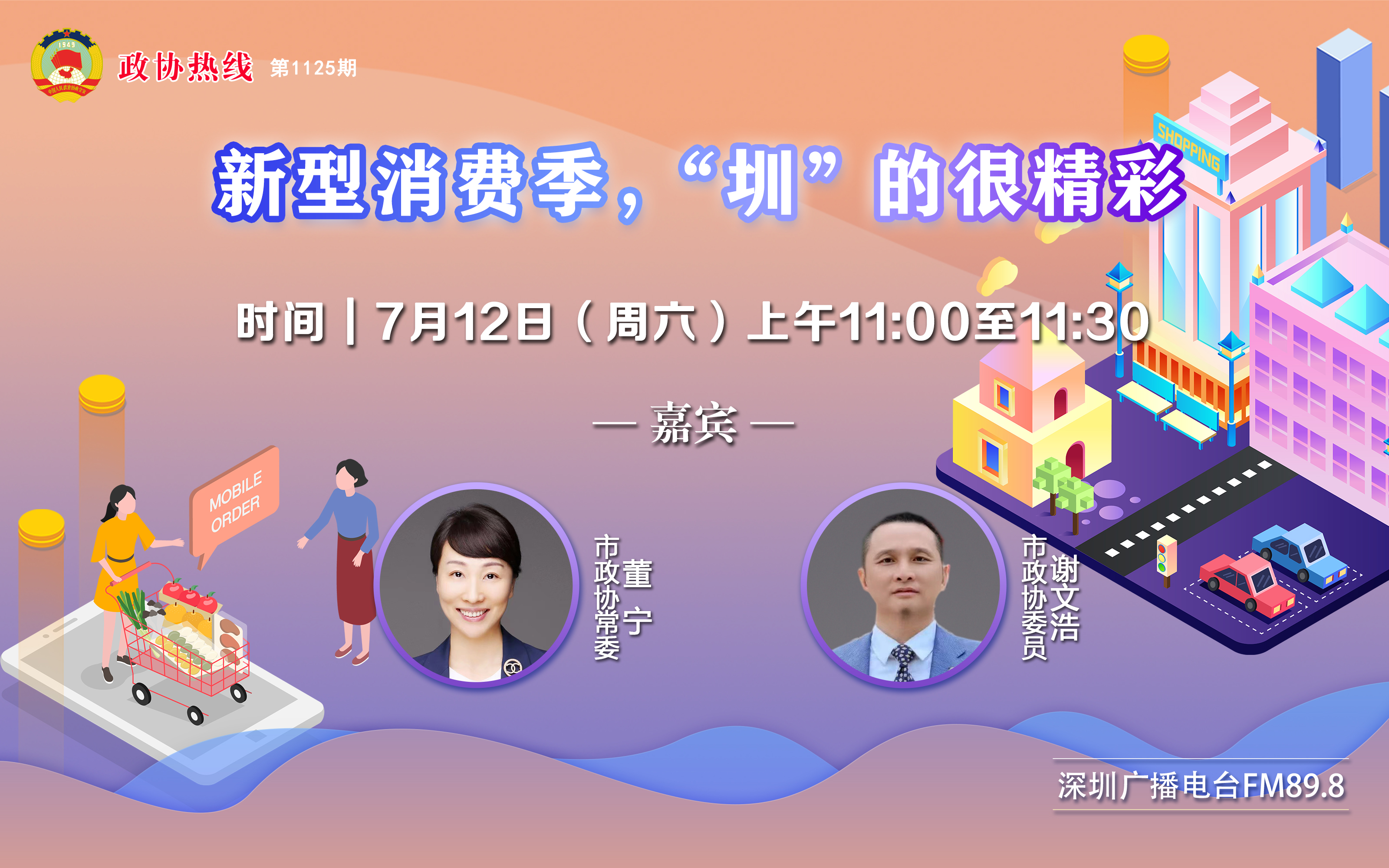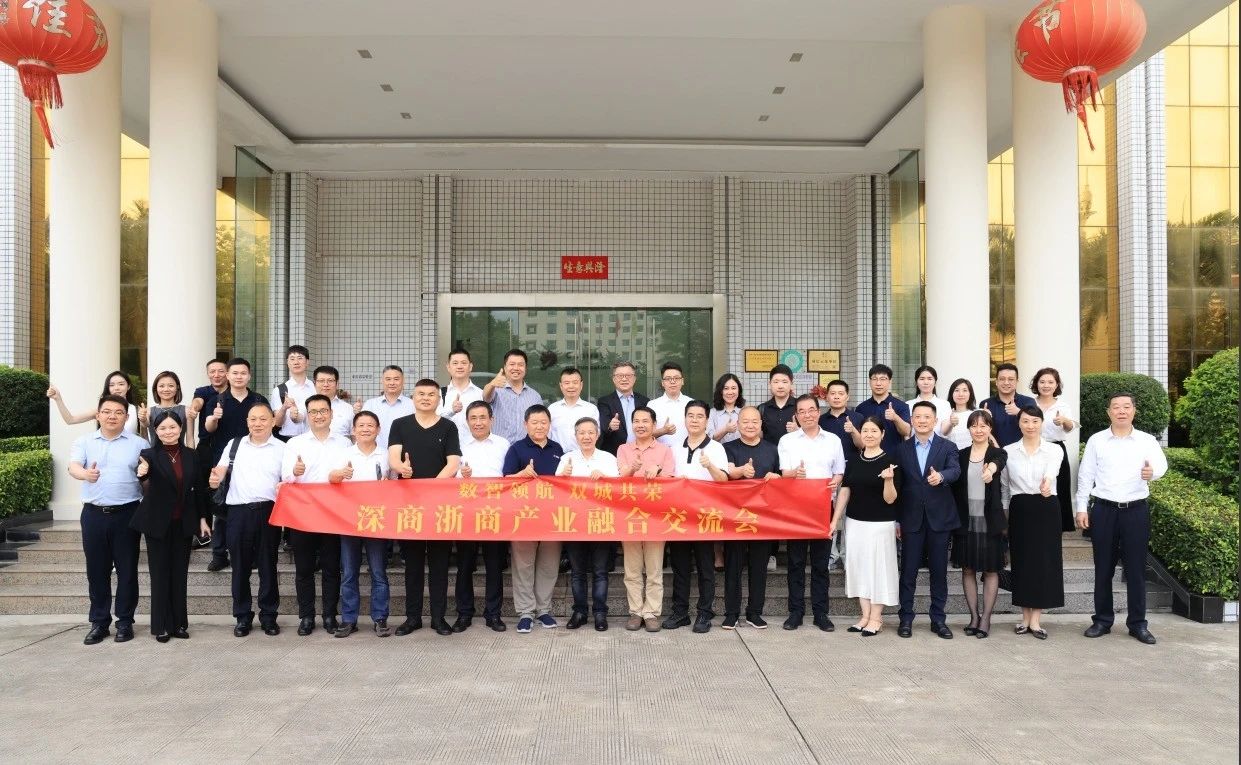Chairman Dong Ning of Bamboocloud was invited to attend the 4th Shenzhen Entrepreneur Day and Private Economy" Peng" city Forum
On the morning of November 1st, the "Private Economy Pengcheng Forum", a series of activities of the 4th "Shenzhen Entrepreneur Day" with the theme of "studying and implementing the spirit of the 20th Party Congress and promoting high-quality development", was held online and offline simultaneously in Shenzhen. Famous scholars and outstanding entrepreneurs from Shenzhen had a hot discussion on the same stage, sought common development, and jointly promoted Shenzhen to take the lead in exploring a new path of building a socialist modernized country in an all-round way and be a pioneer.
Wang Qiang, member of the Standing Committee of Shenzhen Municipal Committee and Minister of the United Front Work Department, said in his speech that Report to the 20th CPC National Congress of the Party pointed out that it is necessary to optimize the development environment of private enterprises, protect the property rights of private enterprises and the rights and interests of entrepreneurs in accordance with the law, promote the development and growth of private economy, and promote entrepreneurship. Shenzhen Municipal Party Committee and Municipal Government attach great importance to and care for the development of private economy, adhere to the orientation of enterprise demand, understand the pain points, difficulties and blocking problems in the process of enterprise development through in-depth visits to enterprises, and take the initiative to provide services from the aspects of market, capital, administrative examination and approval, operation and management, etc.
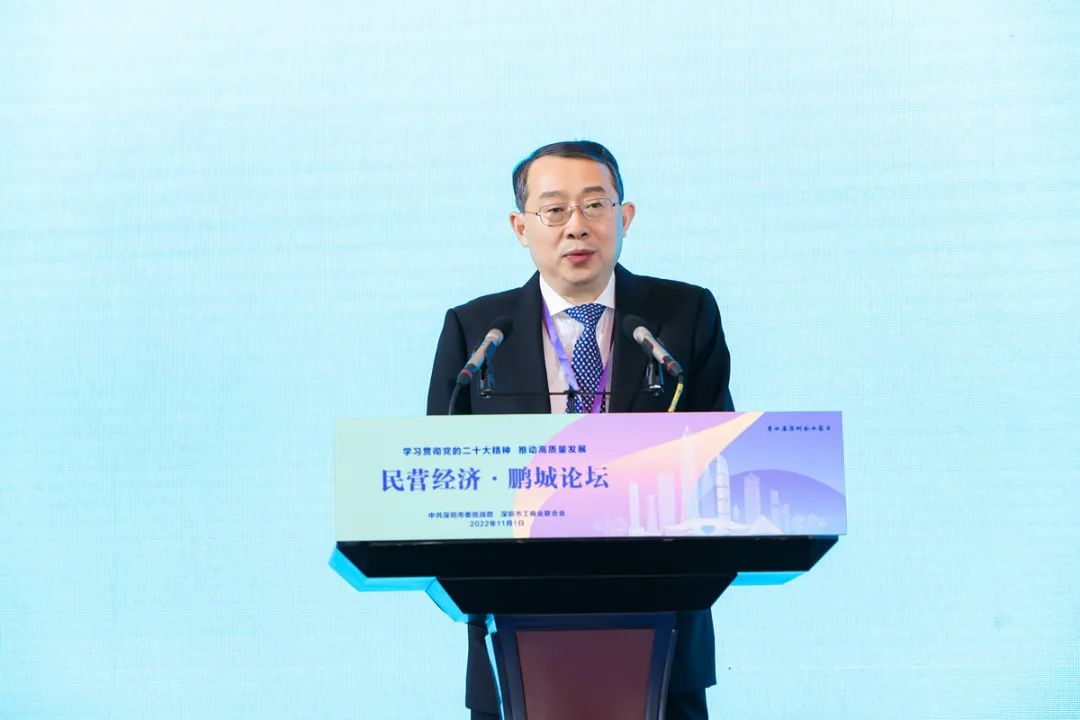
Speech by Wang Qiang, member of the Standing Committee of Shenzhen Municipal Committee and Minister of United Front Work Department
The forum invited the relevant person in charge of Qianhai Administration to make policy recommendations for online and offline entrepreneurs; Tang Jie, former deputy mayor of Shenzhen and director of the Chinese University of Hong Kong (Shenzhen), Zheng Quanshui, academician of China Academy of Sciences and founding dean of Shenzhen No.1 College, and Dong Ning, chairman of Shenzhen Bamboocloud Technology Co., Ltd. ("Bamboocloud") gave keynote speeches on the topics of "Why Shenzhen is particularly innovative", "Shenzhen's technological innovation and strategic development" and "Digital technological innovation drives high-quality industrial development" respectively.
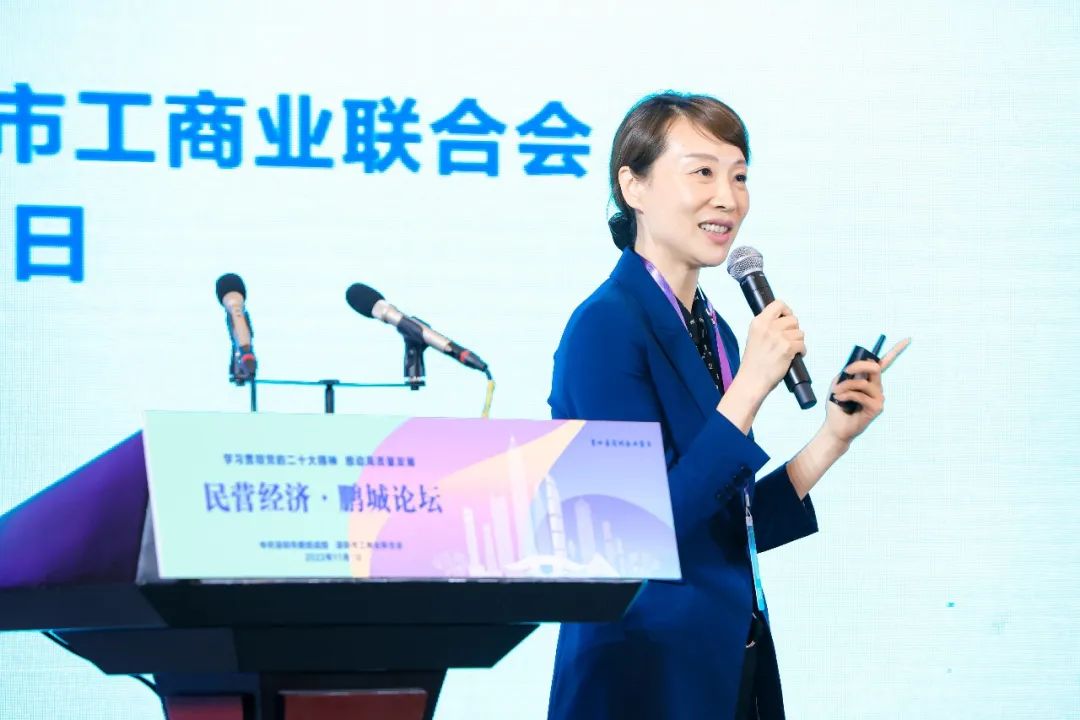
Dong Ning, Chairman of Bamboocloud, gave a keynote speech
Original text shared by Dong Ning, chairman of Bamboocloud
Leaders, experts, scholars and representatives of entrepreneurs:
Hello everyone! Recently, the 20th National Congress of the Communist Party of China was successfully concluded. It made strategic plans for building a socialist modernized country in an all-round way and promoting the great rejuvenation of the Chinese nation. It pointed out the way forward and established a guide to action for the development of the Party and the country in a new era and a new journey and the realization of the second century's struggle goal. The report of the 20th National Congress of the Communist Party of China put forward and implemented the new development concept, focused on promoting high-quality development, promoting the construction of a new development pattern, implementing supply-side structural reforms, formulating a series of major regional strategies with overall significance, achieving breakthroughs in some key core technologies, and developing strategic emerging industries. The manned spaceflight, lunar exploration and fire exploration, deep-sea exploration, supercomputers, satellite navigation, quantum information, nuclear power technology, large aircraft manufacturing, biomedicine, etc. made great achievements and entered innovation. Paying attention to education, technology and innovation is very important to the long-term sustainable growth of China. In the first two decades since the 21st century, China has enjoyed the impetus of demographic dividend and financial cycle to its economic development, and after entering a new development stage, scientific and technological innovation has become the most important driving force. At present, facing the extensive and far-reaching influence of the COVID-19 epidemic and the great opportunities brought by the new round of scientific and technological revolution and industrial transformation, it has become the common pursuit of all countries in the world to solve the problems of human development with scientific and technological innovation.
Throughout history, the number "3" has great significance in the fields of nature, culture and science. "3" is called the most perfect number. Newton has three laws of motion. In nature and natural cycles, the number 3 is everywhere. It was put forward in Report to the 20th CPC National Congress that three fundamental strategic pillars were put forward for building a socialist modernized country in an all-round way. "Science and technology are the primary productive forces, talents are the primary resources, and innovation is the primary driving force, injecting vitality into society. "The foundation of these three strategic pillars will be a high-quality education platform that meets people's expectations and promotes educational equity.
Let's briefly review the technological development in the past decade and the achievements we have made.
China's scientific and technological innovation in the past ten years has produced brilliant transcripts.
China's 600km/h high-speed maglev transportation system with completely independent intellectual property rights successfully rolled off the assembly line, and it is the fastest ground transportation available at present. The 500-meter spherical radio telescope first discovered millisecond pulsars; The development of new energy vehicles is accelerating, and it is at the forefront of industrial development under the intelligent network connection and new energy "two-wheel drive"; Consumer drones account for more than half of the global market; 5G mobile communication technology takes the lead in realizing large-scale application, and the number of 6G patent applications ranks first in the world; Digital technology is booming, and image recognition and speech recognition are at the forefront of the world.
At the same time, we also see that in the past, a large amount of investment was made in social media, games and consumer activities. These innovations have made life richer, but we still need to speed up and increase investment in core technologies that affect national economic development and industrial security, such as chips, advanced materials, software and other key technical fields. The creation of new core technologies, such as chips, advanced materials and software, has become more complicated, requiring a large number of excellent teams to cooperate efficiently and closely.
Science and technology innovation needs more efficient cooperation, sharing, coordination and security.
In the software industry, the first Windows operating system, Windows 1.0, came out in 1985, with a storage space of less than 1 mb. Now, 25 years later, Windows 11 needs to be close to 18 GB. More importantly, from less than 100 developers to more than 5,000 full-time developers, not including testers, project managers, documentation and support teams and other non-development positions. If all these teams are included, the number of people who need to work together will reach tens of thousands.
Another example is the complexity of chip production. At present, the technology trend is about to use 3 nanometer chips. The team and complexity required for chip design and the construction of manufacturing factory require close cooperation between different technology companies. The cost of a 3 nm chip factory ranges from 15 to 20 billion dollars.
Development course of digital economy: speeding up digital transformation.
Digital economy can be divided into three stages: PC stage, mobile Internet stage and intelligent era. In the 1980s, the Internet technology gradually rose and matured, chips, PCs and traditional software gradually became popular, and the human data information processing ability was improved by leaps and bounds. After entering the 21st century, with the rapid popularization of 3G/4G, cloud computing and other technologies and the rapid explosion of mobile applications, the transition from PC era to mobile internet era has been completed. With the further improvement of computing power, research and development innovations of technologies such as the Internet of Things and 5G are becoming more and more popular, and we have begun to step into the intelligent era of the Internet of Everything. Throughout the past 10 years, the world's top ten market capitalization companies have changed, and the digital economy with digital technology as its core has become the mainstream. At the same time, in the past 10 years, almost all major breakthroughs in science and technology have made use of cloud computing technology. Cloud application can make the connection and collaborative sharing among different organizations, enterprises and platforms more efficient and secure.
Global information technology and cloud technology spending is growing rapidly.
Gartner predicts that by 2022, global IT spending will reach 4.4 trillion USD, an increase of 4.0% over 2021. The Russian-Ukrainian war had a great impact on global IT expenditure, aggravated the price increase and the uncertainty of delivery, and accelerated the change of organization's purchasing preference from ownership to service-pushing cloud expenditure to increase by 18.4% and 22.1% in 2021 and 2022 respectively. The rapid growth of cloud service expenditure is because it can not only reduce the cost and improve the efficiency, but more importantly, it can help enterprises realize various innovations from a creative idea to market operation more quickly.
Cloud service model has developed rapidly around the world.
With the continuous progress and application of cloud computing, artificial intelligence, big data and digital security technologies, the business model of cloud services has emerged and developed rapidly all over the world. As the technical base of digital economy, cloud computing has become the key technical bridge for enterprises to realize global business layout and innovation. How is it different from localized deployment? From the simple effect, the purchase, installation, maintenance, upgrade and other expenses of software and hardware products no longer need to be borne by the users. The business model has changed from the cost of purchasing a complete set of products and all supporting services generated by the localized deployment of users to a service mode of renting only cloud service providers. In this way, only monthly service fees are paid according to the actual usage, so the input cost is greatly reduced.
Nowadays, with the acceleration of digitalization in various fields, the information system environment becomes increasingly complex. How to establish a safe and efficient connection between cross-domain, cross-platform and various types of information systems? How to improve the sharing efficiency and user experience among internal and external personnel or partners? How to help enterprises quickly realize the migration and synchronization of user identity data? How to ensure that access to data complies with regulations and security?
Establish a seamless and secure digital technology sharing capability, making it more convenient to share across organizations and platforms.
In the 2022 Technology Trend Outlook recently released by McKinsey, we can see many digital technologies mentioned in it, such as Web 3, trust architecture and digital identity, quantum technology, cloud and edge computing, etc. Among them, the core technical foundation of trust architecture and digital identity is digital identity and zero trust architecture.
Constructing data basic system/data confirmation is the basic work to give full play to the role of data elements.
On June 22, 2022, Xi Jinping, general secretary of the CPC Central Committee, presided over the 26th meeting of the Central Committee for Comprehensively Deepening Reform and considered and adopted the Opinions on Building a Data Infrastructure System to Better Play the Role of Data Elements. While presiding over the meeting, the general secretary stressed that the construction of the data foundation system is a matter of national development and security, and that it is necessary to maintain national data security, protect personal information and commercial secrets, and promote the efficient circulation and use of data and empower the real economy. IAM (Identity and Access Management) is a digital system that can effectively control the access behavior and rights management of different types of users, such as people and objects, and effectively control Who", "when", "which systems" and "digital assets" can be accessed. "and to provide real-time warning and prevention of abnormal access behavior.
A new generation of digital identity management and access control system that efficiently supports the connection, sharing and data access security of various types of information systems.
Bamboocloud has focused on IAM technology for many years and provides a new generation IAM platform based on the concept of zero-trust security architecture with user digital identity as the core, which establishes a full lifecycle management system of dynamic authorization, intelligent sensing and security defense of user access behavior in real time according to different network environments and user behavior changes, and builds four major digital Identity and access control capability centers are used to support the connection, sharing and data access security of various types of information systems.
Meanwhile, as a cloud-based deployment method of IAM, Bamboo Cloud provides cloud-native identity cloud services to effectively manage cloud data and various types of SaaS applications, helping enterprises quickly use various cloud services with one click, and efficiently and securely migrate and synchronize user identity data to protect all connections and applications.
Here, a scenario case is introduced: Bamboocloud identity cloud service platform pre-integrates and fuses many SaaS services, and enterprises can open and use these pre-built SaaS application services with one click out of the box by registering on the platform, which can quickly meet the business needs of enterprises and save the time and effort of self-built system, configuration system and management system, which is out-of-the-box, resource sharing, efficient and convenient.
Increasingly iterative technology and industrial upgrading require more companies and technology teams to participate in innovation, and technological innovation is reshaping the world. In this competitive world, both countries and organizations need to continuously accelerate innovation and development, not only to maintain application leadership, but also to ensure continuous increase in investment in independent innovation and enhance core technology capabilities. Innovation is the driving force of historical progress and the key to the development of the times. From the country's major plan to implement the innovation-driven development strategy, to the five major development concepts with "innovation" in the first place, to the proposal to accelerate the building of an innovative country, China is steadily advancing towards the goal of being an innovative country, and striving to promote the achievements of science and technology innovation to benefit more people in the country and the world. As a digital technology innovation enterprise, Bamboocloud will take the national strategic direction as a guide, stick to the original intention and move forward to contribute to the high-quality development of China's digital economy with more digital technology innovation achievements. Bamboocloud values are the core "3" elements: clarity, quality, value!

